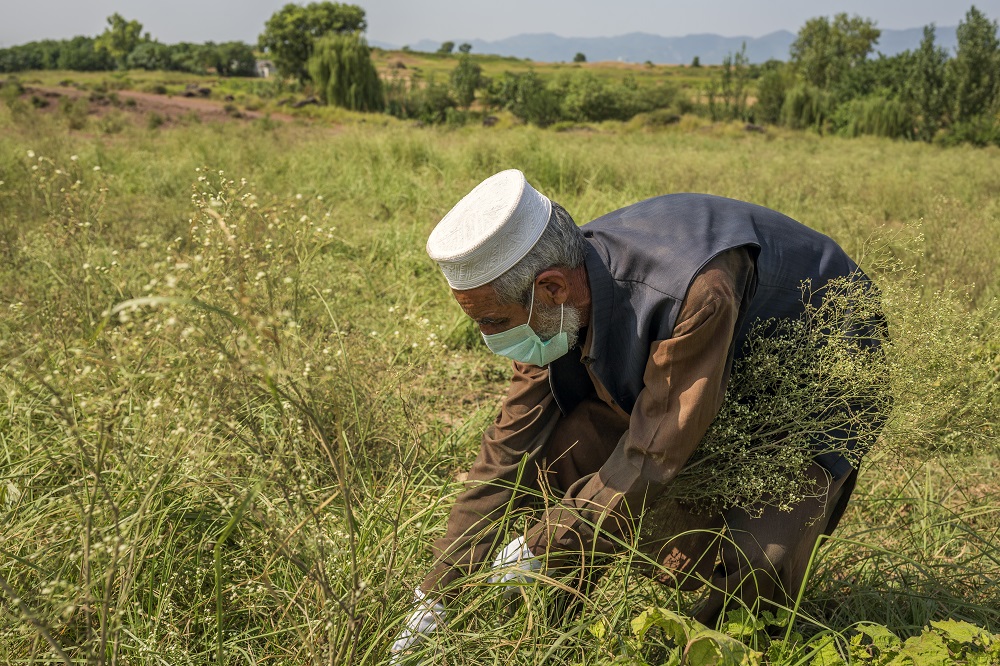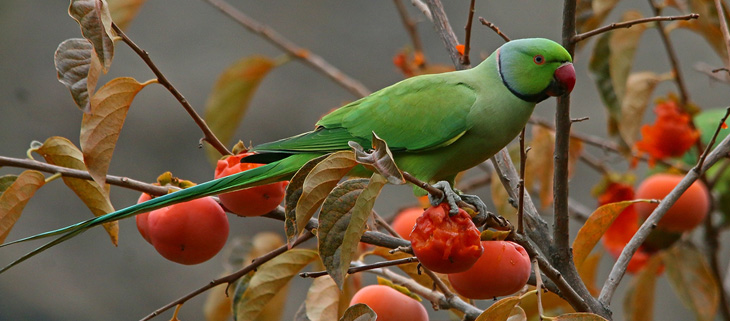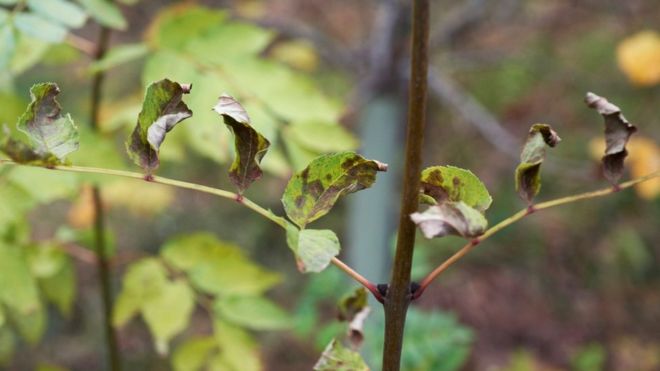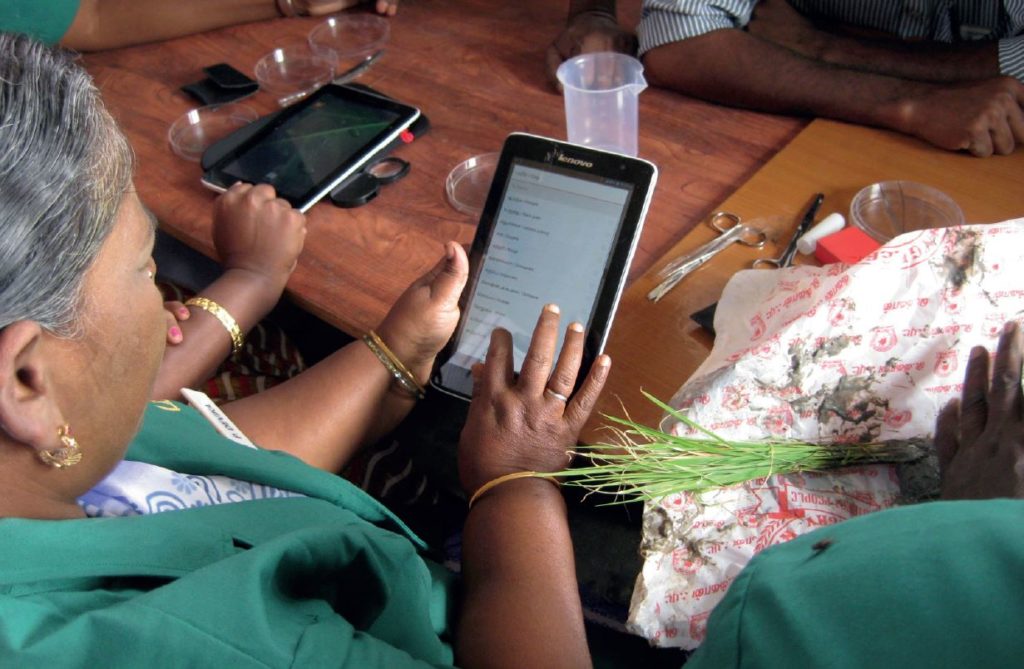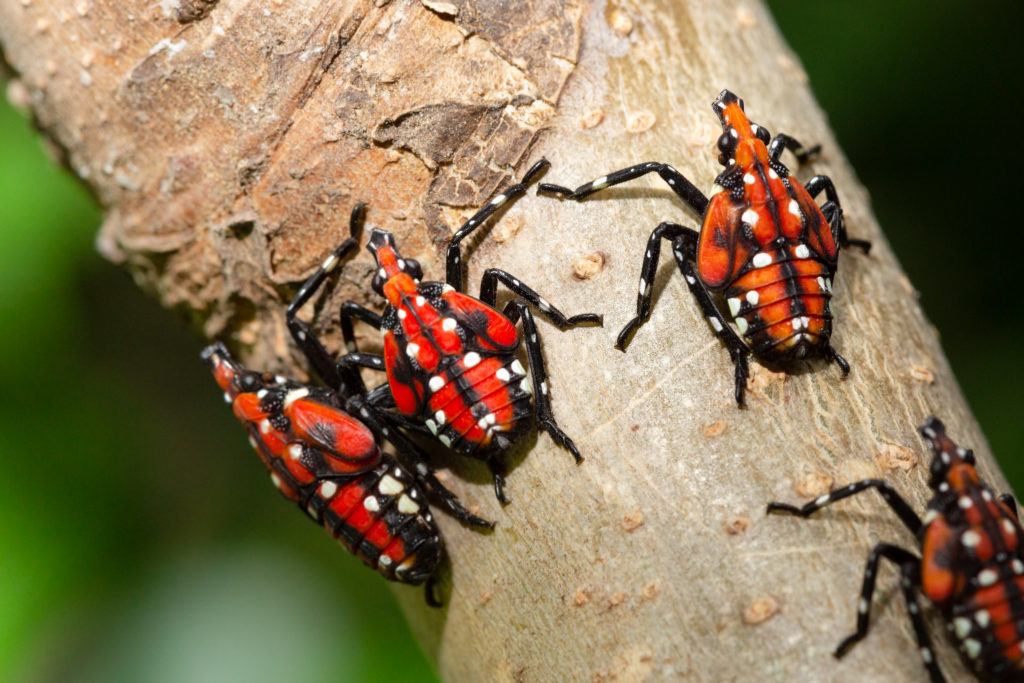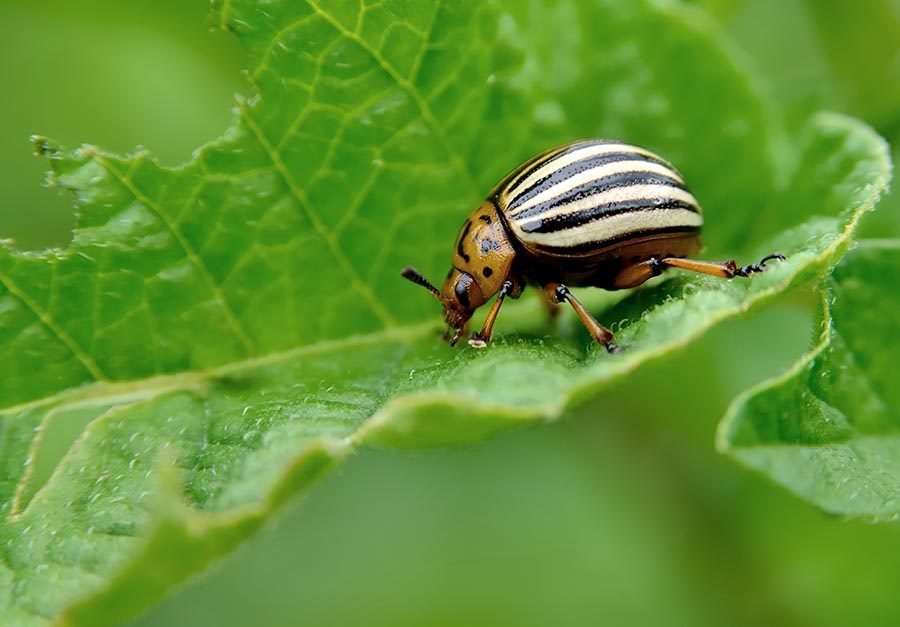CABI shares expertise on highly noxious and invasive parthenium weed at international conference on climate smart agriculture
By Dr Kazam Ali, Biocontrol Research Officer – CABI Central and West Asia (CWA) International conferences are priceless opportunities, not only for researchers and scientists but also for experts, policy makers, stakeholders and students, to ‘sharpen your saw’ by learning new skills in a different environment.
Study finds endoparasitoid wasp can reduce fall armyworm leaf consumption rate by up to 89%
In a recently published study led by CABI, researchers assessed, under lab conditions, the effect of the endoparasitoid wasp, Coccygidium luteum on the leaf rate consumption of its host – fall armyworm larvae.
Open Access tools for Open Science
Each year on November 10th, World Science Day for Peace and Development celebrates the significance of science in daily life and the importance of involving the public in scientific developments and debates. This year, the theme for World Science Day for Peace and Development is “Open science, leaving no one behind”. The concept of “Open…
Meet the man behind the headlines: The ‘Stink Bug Man’ Dr Tim Haye
Tim Haye spends a lot of his time behind the lens of a microscope or camera studying and capturing a range of invasive pests – largely unseen to the human eye. Recently Tim has been the focus of attention himself with the Swiss media keen on learning more about one of his ‘bugbears’ – the…
Predicting the spread of invasive spotted lanternfly
The spotted lanternfly (Lycorma delicatula) is an emerging insect pest of a number of economically important crop plants. Originating from China, its primary host plant is tree of heaven (Ailanthus altissima), which is itself considered to be a noxious invasive species in some areas of the United States.
CABI partners with local universities to engage youth on parthenium weed in Pakistan
CABI recently organized a two-day training and planning workshop for its university partners on “Awareness and Management of Parthenium” in Islamabad. The workshop was attended by key stakeholders and post-graduate students of partner universities such as the University of Agriculture, Faisalabad, PMAS-Arid Agriculture University, Rawalpindi and University of Sargodha.

